Human Papillomavirus (HPV) infection is thought to be the most commonly sexually transmitted disease in the world, which is why HPV vaccination is so important. Over 80% of unimmunised adults will have had an HPV infection some time in their life. Some people never develop any symptoms, but for others it causes genital warts or certain cancers. Vaccination before becoming sexually active is the best way to prevent HPV infection and protect people from developing cervical, vaginal, oral, anal and vulvar cancers later in life.
What is HPV?
HPV is the term given to a group of very contagious viruses that are spread by skin-to-skin contact. Over 150 different HPV viruses have been identified, and at least 14 are considered high-risk with a link to cancer. Some strains of HPV are sexually transmitted and cause genital warts, cervical, anal, throat and vulvar cancers. HPV can be spread from infected mothers to their newborn babies during birth.
Sexually Transmitted HPV Strains
Usually, the body mounts an immune response to HPV and within a couple of years, clears the infection on its own. However, for some people the infection stays active in their body and causes changes in the cells of the cervix, genitals, anus, throat tissue, leading to cancer if untreated. Unfortunately, condoms can’t completely prevent the spread of HPV.
The most common strains of HPV transmitted through sexual contact are:
- HPV 16 and 18 – cause up to 70% of cervical cancers
- HPV 6 and 11 – cause genital and throat warts
- HPV 31, 33, 45, 52 and 58 – are linked to cervical cancer.
The HPV Vaccine
The HPV vaccine protects against nine of the most common, high-risk types of sexually transmitted HPV. Vaccinating children helps stop the spread of HPV and reduces cancer diagnoses later in life. Since this vaccine became available in 2008, genital wart infection rates have decreased by 75%. The pre-teen age group mounts a better, longer-lasting immune response against the virus than teenagers, so vaccinating children in Year 7 and Year 8 of school (age 11 and 12 years) is optimal.
Who Should Get Vaccinated?
The HPV vaccine is funded for girls and boys between 9 and 26 years of age (for non-NZ residents it is funded for those under 18 years old).
It is also recommended, but not funded for:
- women aged up to 45 years to help prevent re-infection with HPV following colposcopy treatment of cervical abnormalities
- males and females aged 27 and over who have had little exposure to HPV in the past, and are now likely to be exposed
- men who have sex with men
- people who are HIV positive.
For tamariki aged 9 to 14 years old, two doses of the vaccine are required (given over six to 12 months).
People aged over 15 need three doses of the vaccine to be fully immunised (given over a six-month time period).






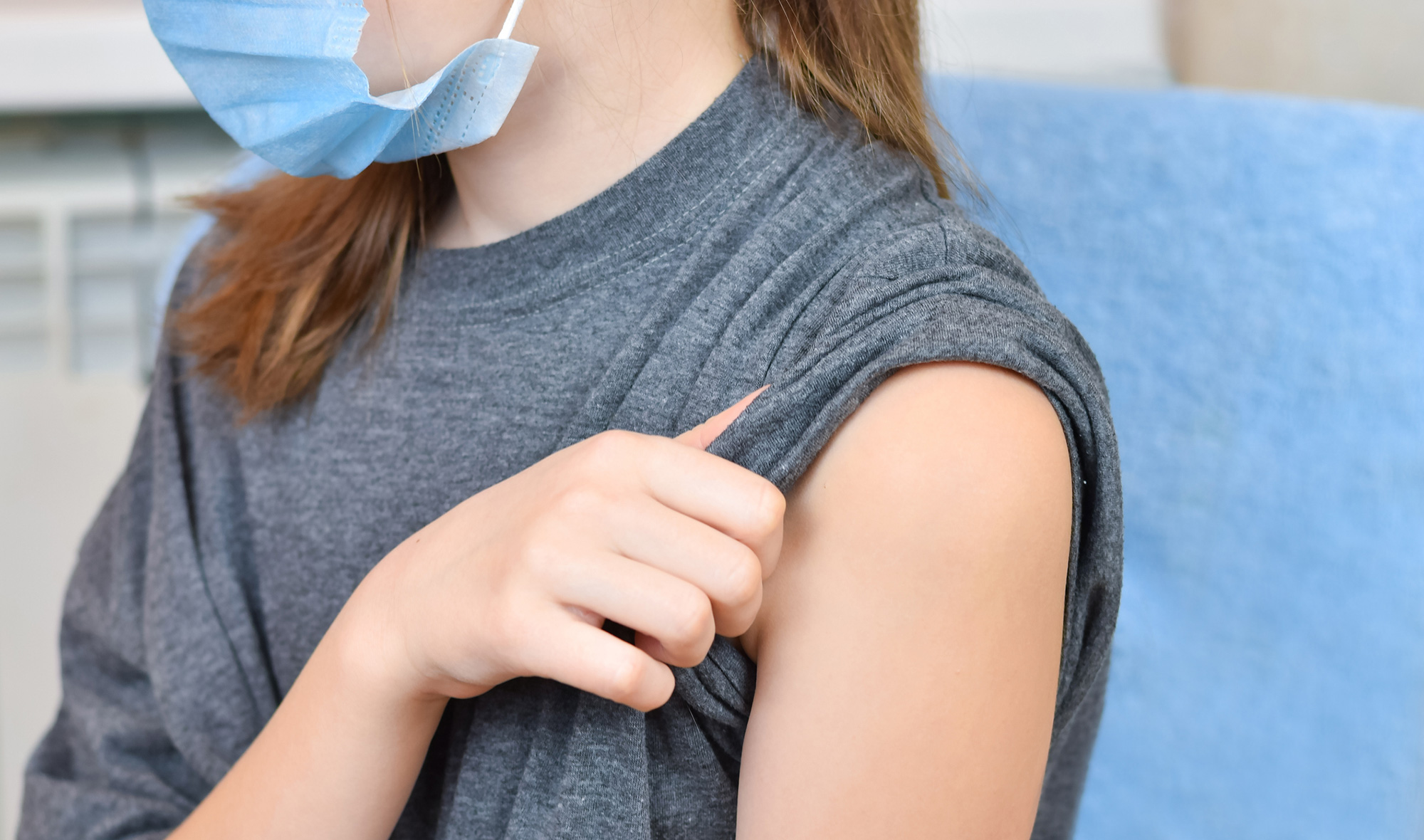

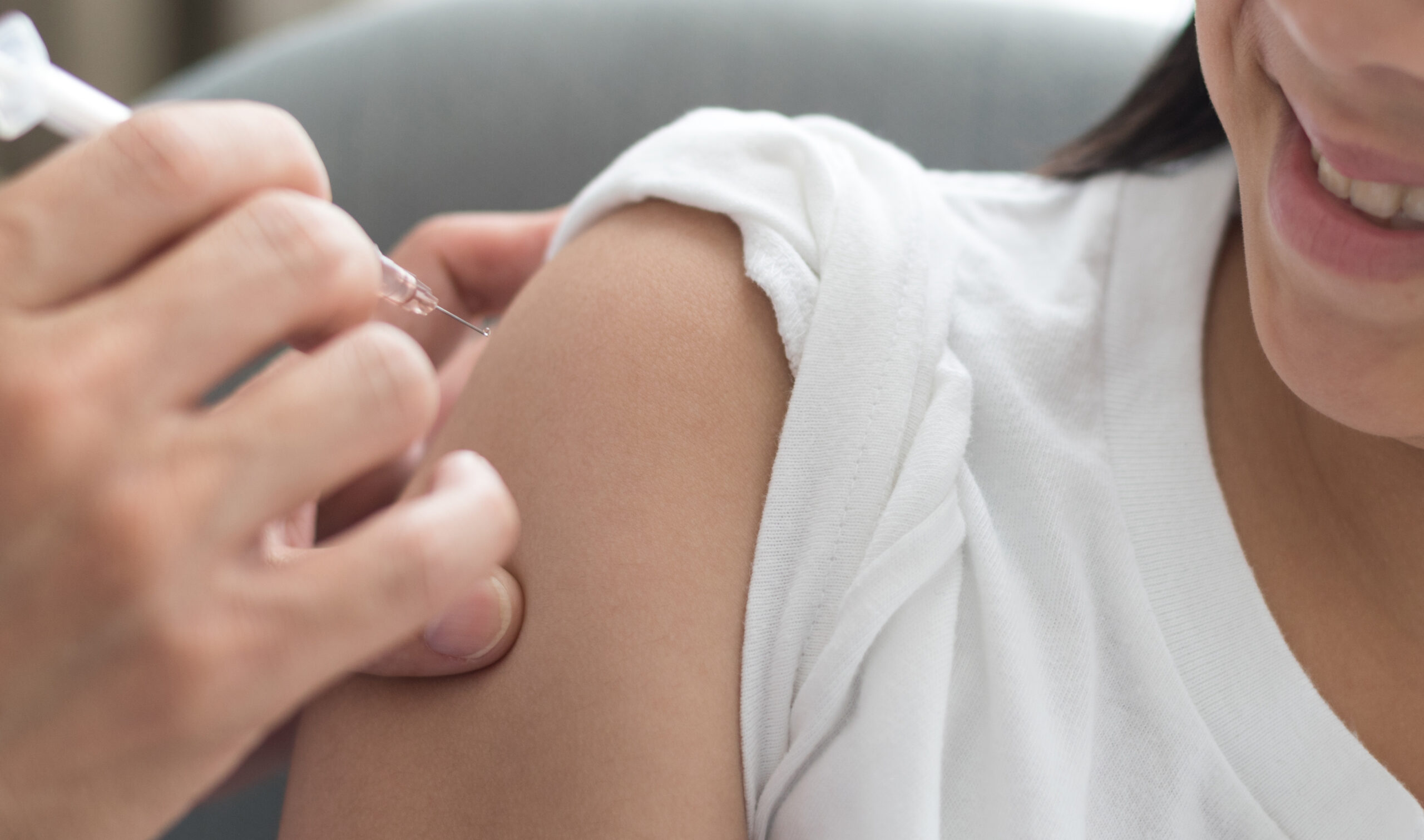
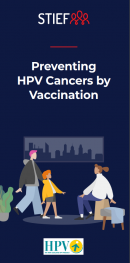
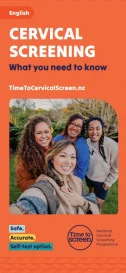
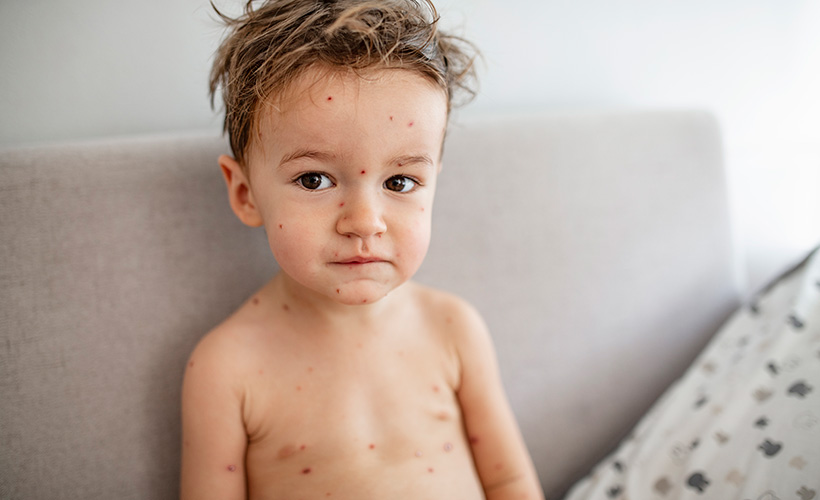
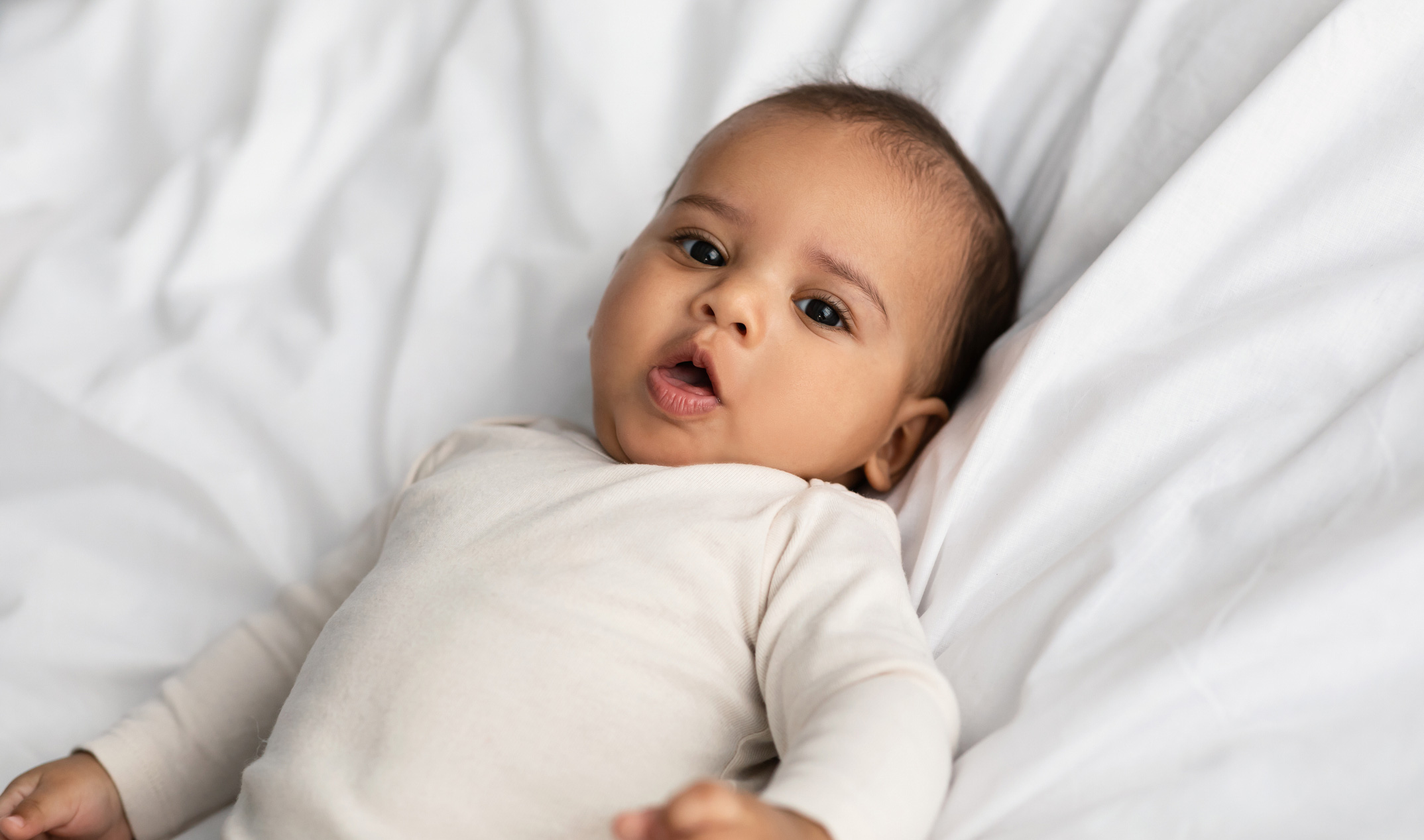
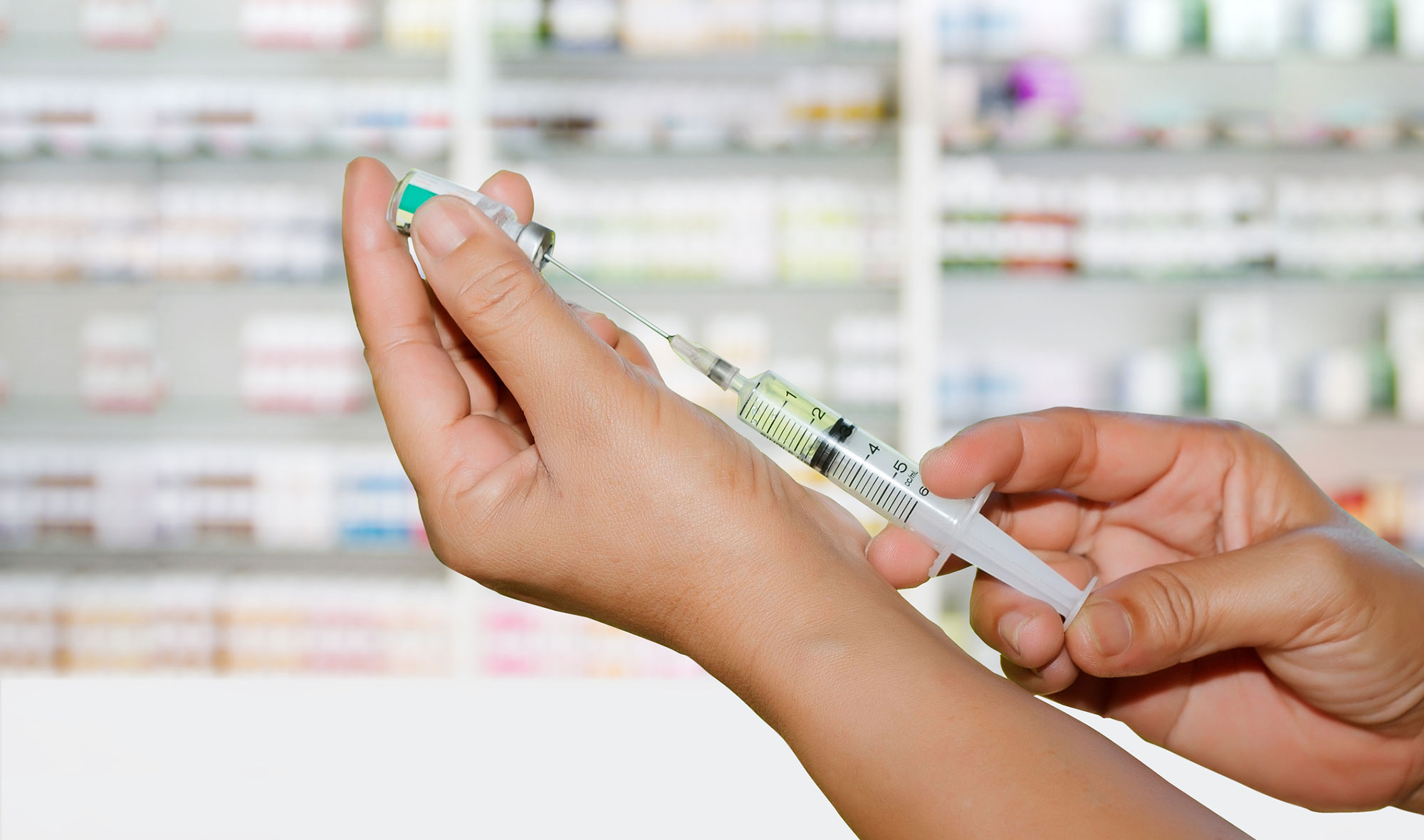
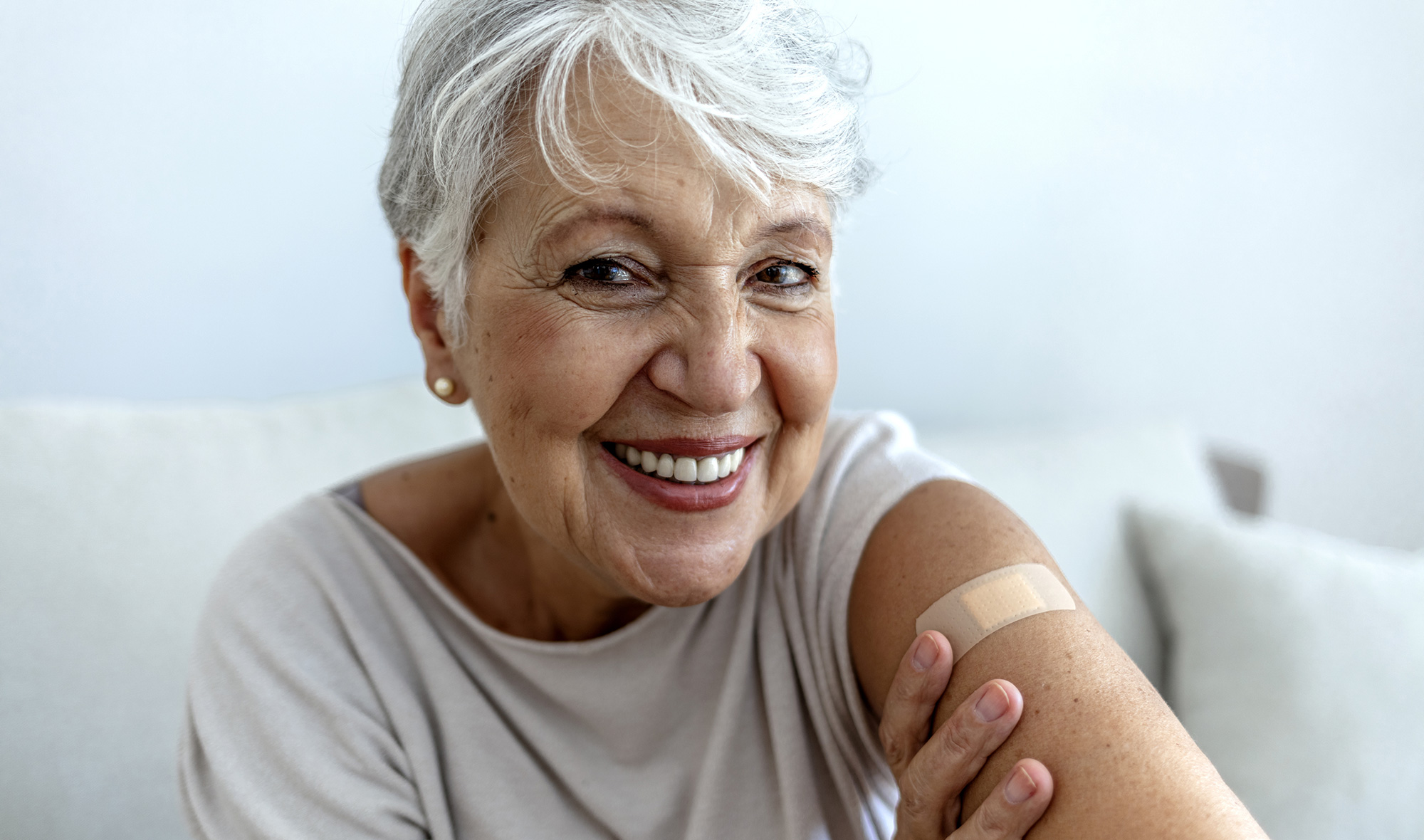


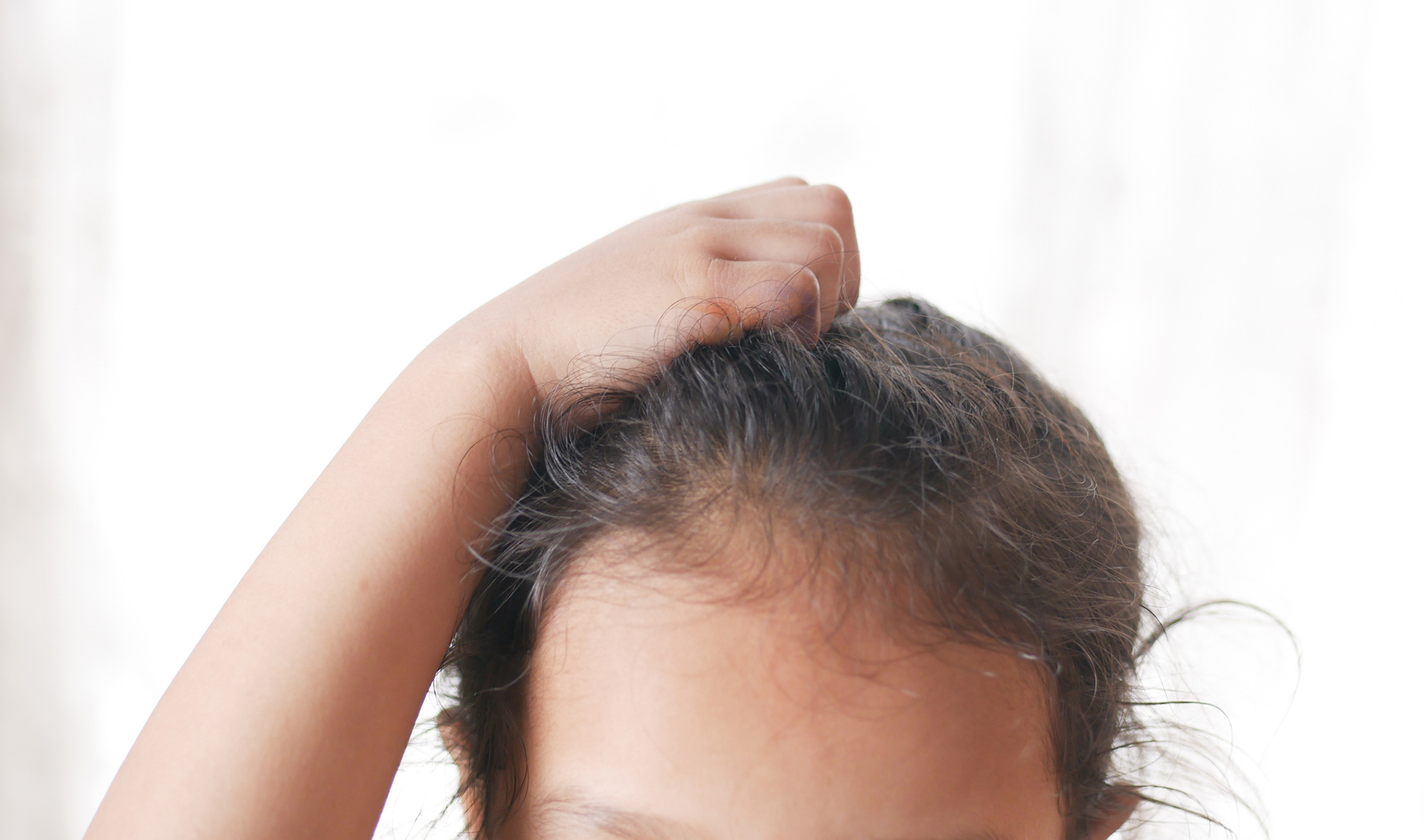

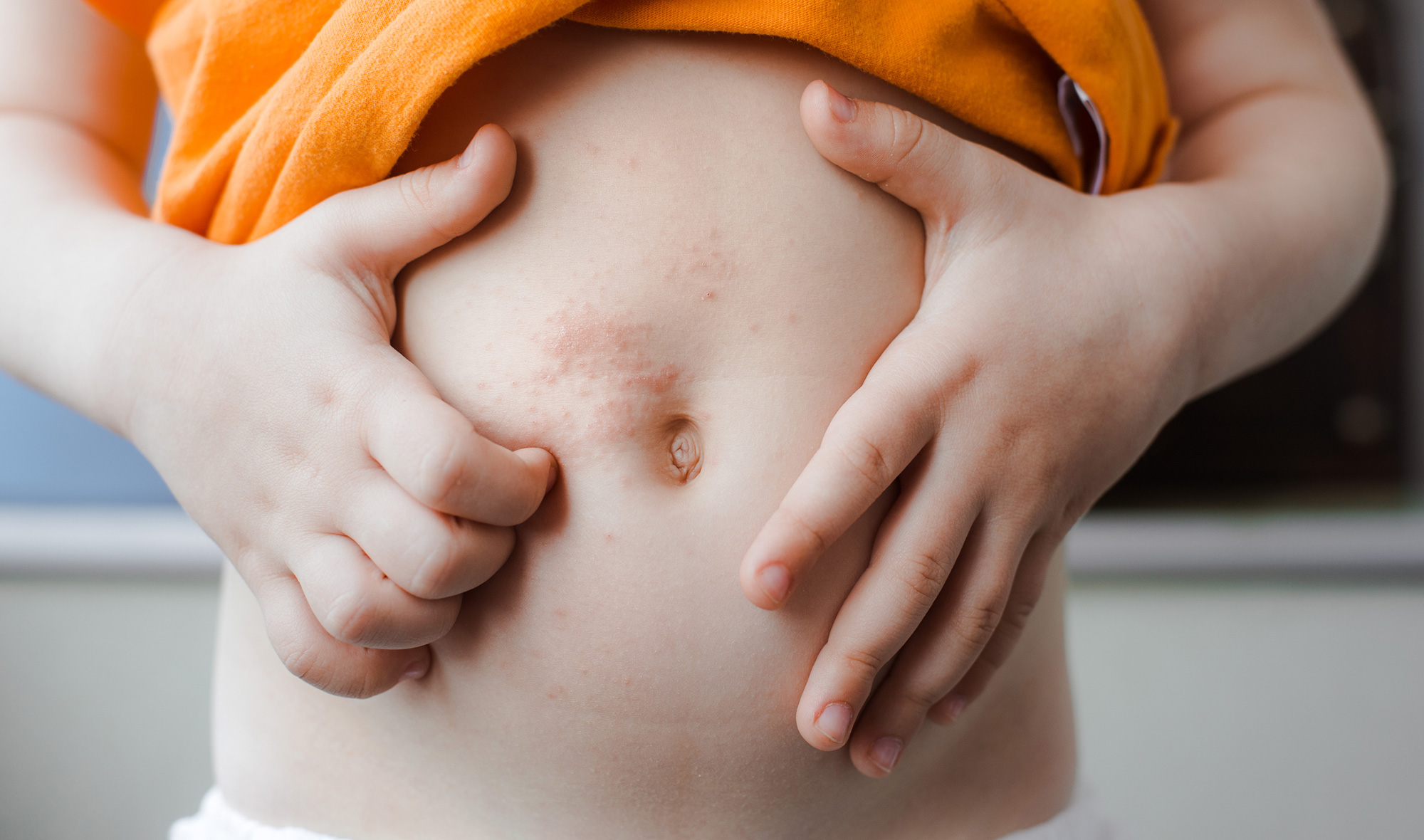

Community